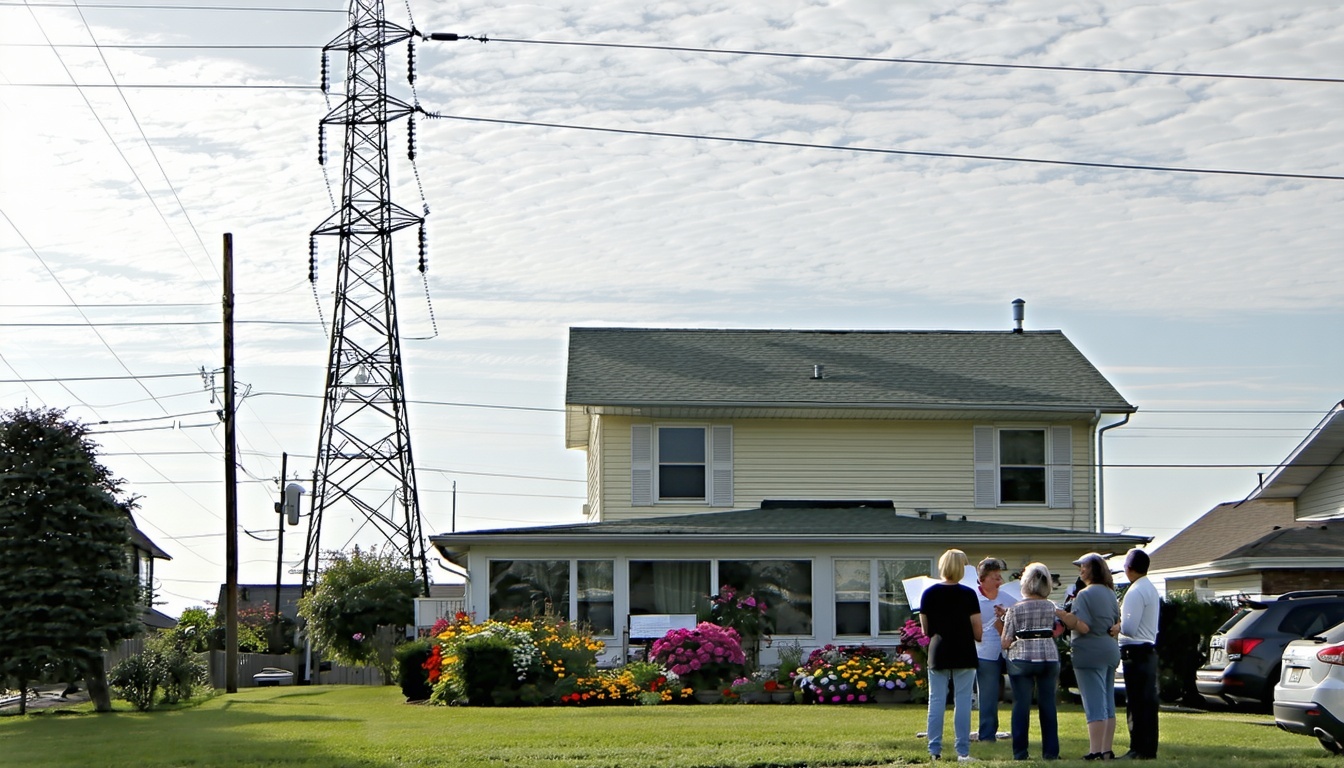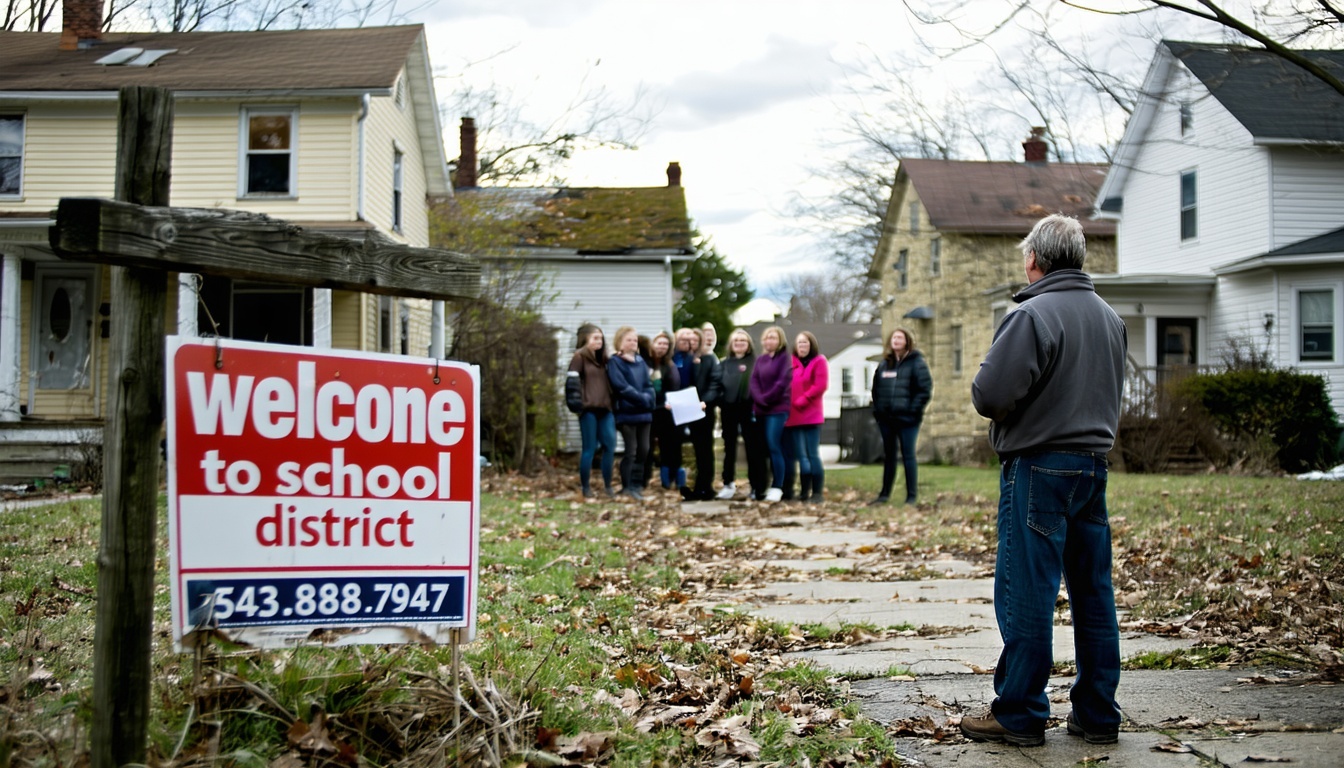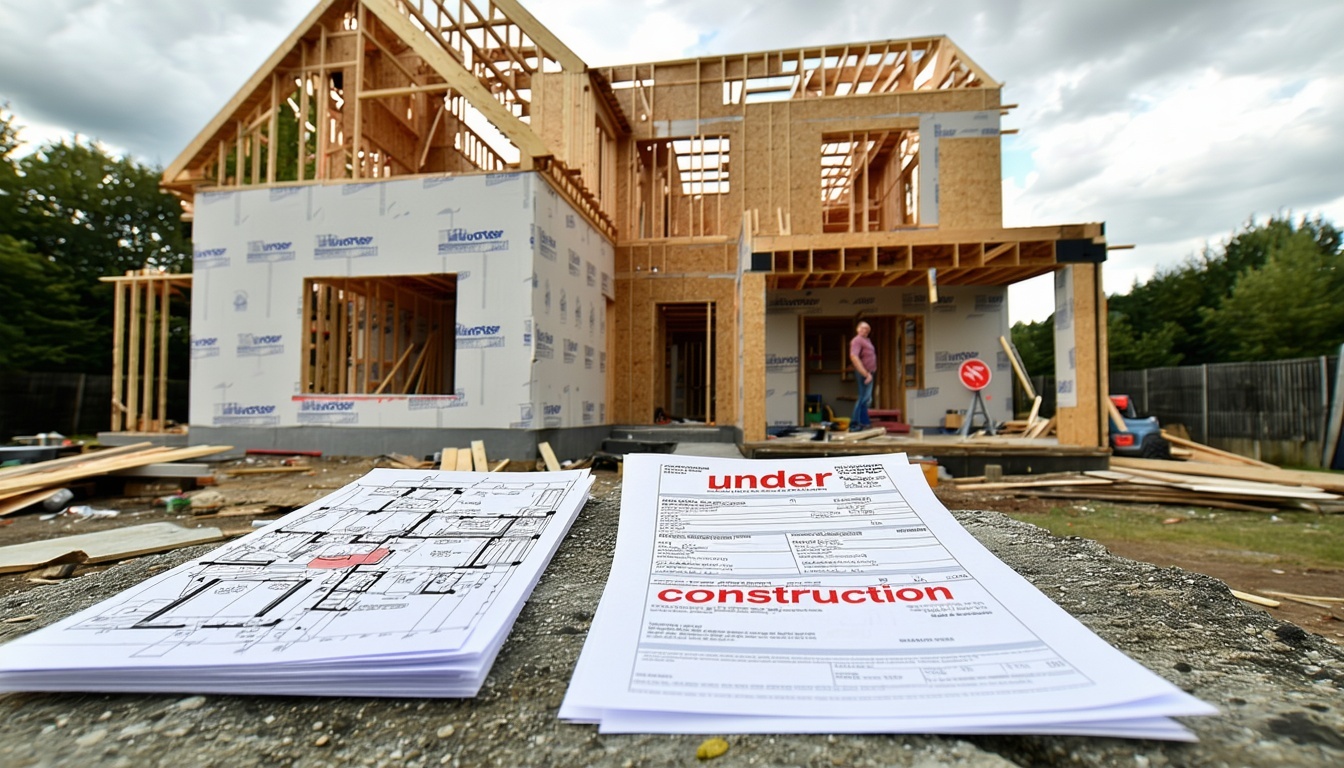While essential for modern infrastructure, the presence of large cell towers, high-voltage power lines, or other significant utility structures can sometimes detract from a property's aesthetic appeal and raise concerns about potential health risks or decreased property values. If your property suffers from this "Telecommunication Tower Tarnishing," appealing your property taxes might be a way to seek a more accurate assessment.














